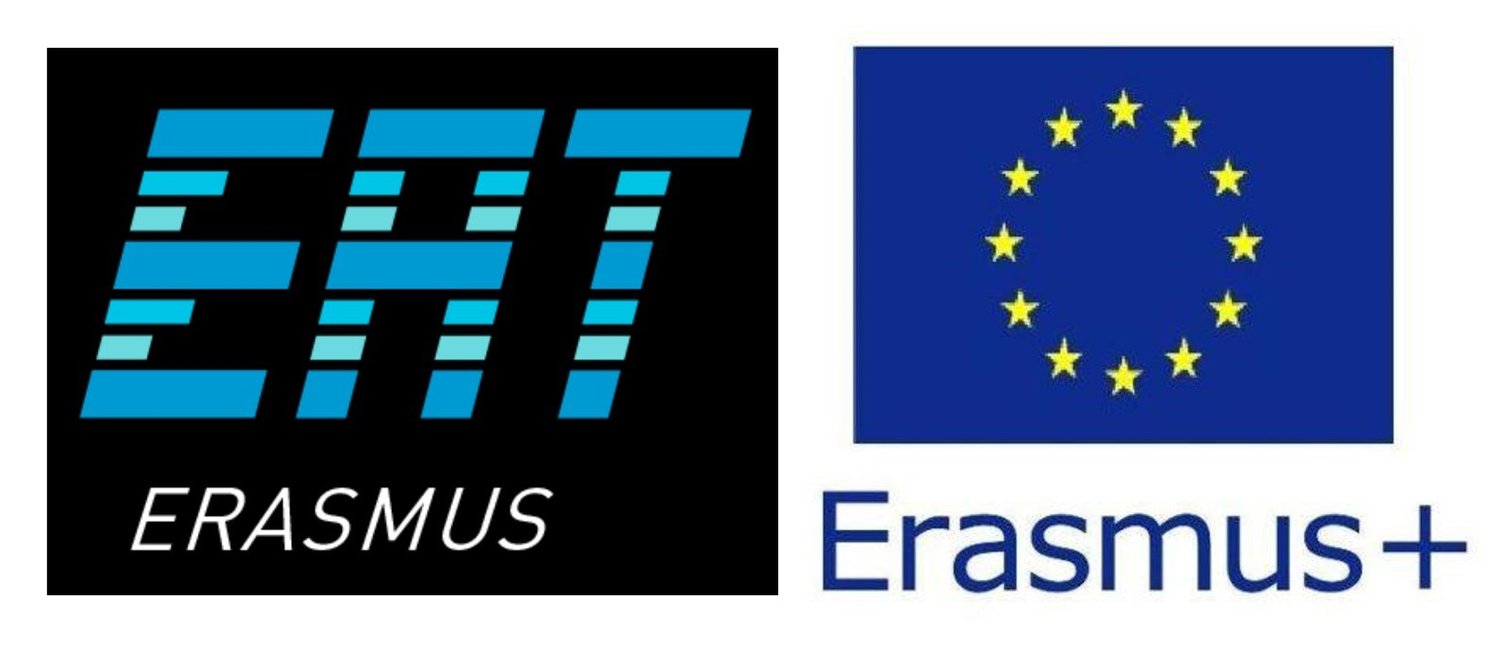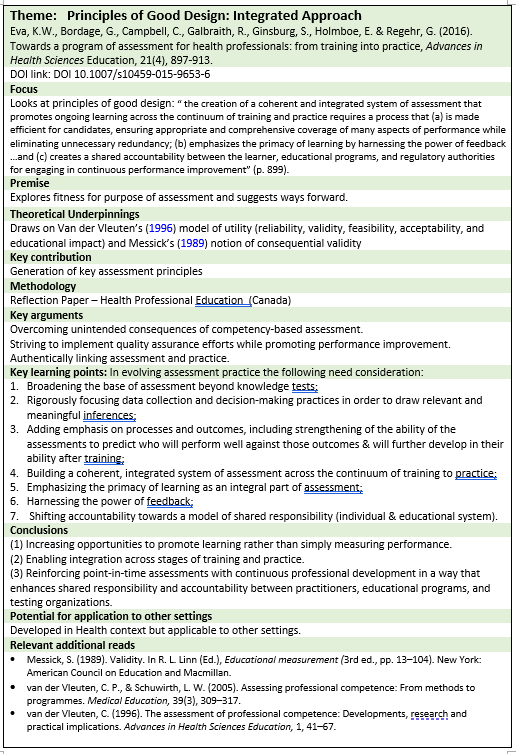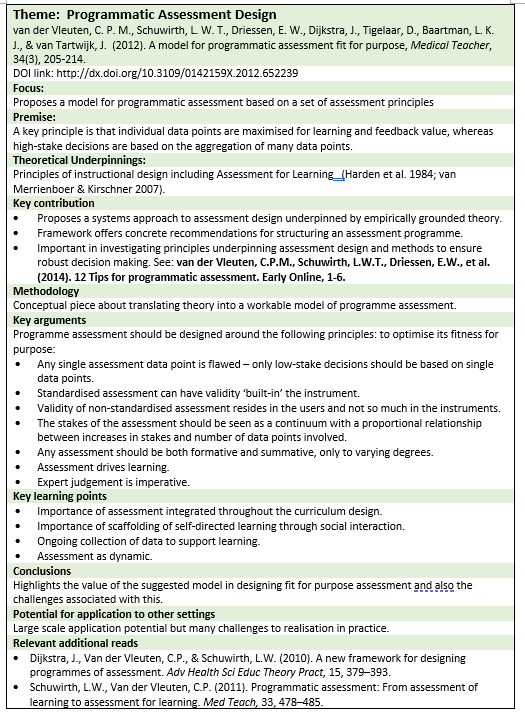5.6 Integrated Approaches to Self-Regulated Learning
Integrated approaches to SRL within assessment as demonstrated in the EAT Framework encompass:
Aligning theories, ideas, and concepts from across disciplines and contexts to support informed curriculum design within specific contexts.
Good understanding of the disciplinary demands and attributes of the learners.
Ensuring constructive alignment between program learning outcomes, assessment criteria, and assessment tasks (Biggs, 1987). In the case of SRL – do the assessment tasks test the high level SRL skills the programme wants students to develop?
Coordination of activities to support attainment of a specific goal.
·Ensuring the progressive development of understanding throughout a module and programme so that students have regular opportunities to test their understanding in an environment where each task supports understanding for the next one.
Ongoing evaluation of data to support learning, working with students to explore the impact of approaches to learning on outcomes.
Bringing all activities together (convergence) to support key outcomes. For example if the aim is to improve student use of feedback then efforts need to be placed throughout the EAT cycle to ensure students have a good understanding of what they need to do in the first place, are aware of the different sources of support available including their own resources, that feedback from lecturers is placed where it can have maximum benefit, that feedback is simplified to ensure key messages can get through, that students have regular opportunities to test their understanding and to be able to judge the quality of work for themselves so they are less dependent on external feedback to support their learning.
·Dynamism – ongoing evaluation with students allows adjustments to be made to enhance learning. It is about being able to use rich evidence to support educator and student understandings (Fielding & Regehr, 2017).
Institutional alignment in ensuring that systems, processes and policies support student engagement within the curriculum (Evans & Benuscu, 2020).
Concepts: alignment; process-oriented; data-informed; embedded
ACTIVITIES
Identify the pivotal activities that are required to support students’ understanding of a particular concept/skill/idea. How can these be put together to best support students’ learning?
Map assessment questions to the core concepts of the module.
Review how you are using data individually and as a team with students to review progress.
What are the most efficient strategies to get students up to speed with the requirements of the key tasks?
The need to balance volume of activity is important in not overloading students. Can you identify the most efficient approaches to support student learning – QUALITY OF EXPERIENCE VS VOLUME/ EMERSION.





